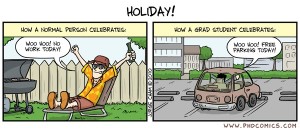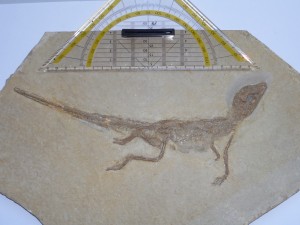Throughout this series, I have highlighted the pitfalls and issues associated with effective communication of scientific knowledge to and with the public. This has largely been fueled by a recent paper highlighting these points as stepping stones and hurdles which scientists face and can develop upon to create strategies for becoming better at public communication. However, I’ve yet to offer any kind of solution.
Yesterday, I wrote briefly about the way in which geoscientists can use different plots to help them reconstruct scientific information into a digestible narrative format, taking on the style of a refashioned ‘story’. Continuing to draw upon the analysis by Iain Stewart and Ted Nield, this post will focus on how developing a narrative and particular language can help researchers to ‘talk geoscience’ in a more engaging manner.
To reiterate the actual issue, I’m going to steal a quote from the Stewart and Nield paper citing the geoscientist and science writer Rex Buchanan (it’s like he was made to be a geoscientist with a name like that..):
“We do a mediocre job of helping adults to learn about and appreciate science. Many of the science stories that I read in newspapers or try to watch on television aren’t very engaging. Some are too long, and many seem irrelevant. Popular science often seems like castor oil – some we should take because it’s good for us, not because we want too” (2005)
[Read More]


